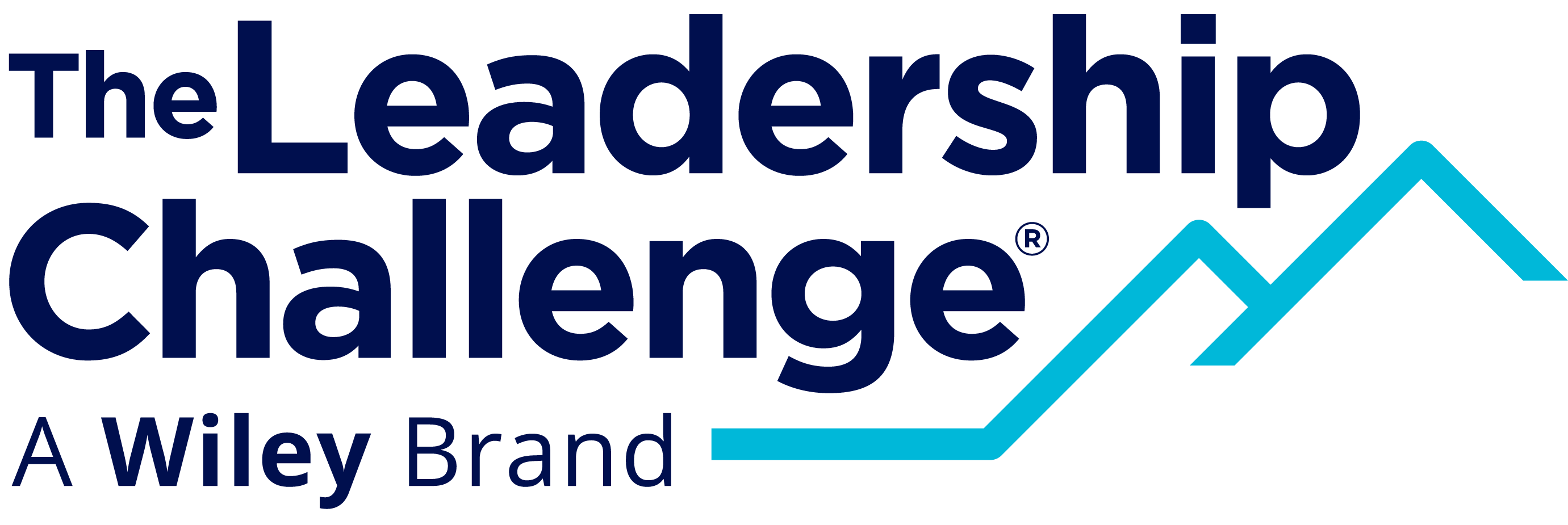
AI based Screening to Challenge Traditional Hiring in Data Analytics
Generative AI powered tools to drive the screening process says Jadd Elliot Dib, Founder & CEO, Pangaea X
In today’s competitive talent landscape, organizations face various challenges in hiring for data analytics roles. Recruiters are inundated with resumes, hiring timelines are shrinking, and the demand for data analytics talent continues to outpace supply as more businesses embrace digital transformation. Generative artificial intelligence (AI) provides the capability to conduct more systematic and objective candidate assessments, focusing on skills rather than flashy words on resumes.
As with any novel technology, there is skepticism regarding AI across multiple industries and disciplines. However, as the public becomes more exposed to AI, it is becoming clearer that the most effective use of AI is to complement and aid humans – not as a replacement. Recruiters and human resources (HR) professionals will benefit from AI making the screening process more efficient and cost-effective compared to past methods. While applicant tracking systems (ATS) have been in use for a few decades, most of these use keywords to filter candidates’ resumes. This has led to applicants optimizing their resumes to get past the ATS. Unfortunately, it becomes a game of applicants saying the right words and ticking the right boxes, instead of showcasing the skills they can bring to the organization. On the human side of things, bias in hiring is an issue that the HR field has been grappling with for a long time, which can and should be mitigated by technology.
Unlike keyword-based ATSes, generative AI-powered screening tools will improve the hiring process by making the screening and interview process more perceptive by drawing out the candidate's capabilities. This enables recruiters and hiring managers to make more data-driven decisions regarding data analytics talent, ultimately benefiting the organization.
Instead of administering coding challenges or traditional tests, generative AI-powered tools allow conversation-based assessments through natural language processing (NLP). NLP is a field of AI that enables computers to understand, interpret, and generate human language. This includes analyzing sentiment and understanding user intent. With regard to skill verification, NLP probes into the candidate's domain knowledge, problem-solving thinking, decision-making approach, communication clarity, as well as cultural and behavioral alignment with the organization. Furthermore, computer vision technology can be integrated into the process, enabling the system to monitor and analyze facial cues to complement speech patterns and content depth.
Additionally, AI screening programs are more flexible. Keyword-based programs are too rigid, while human recruiters cannot be expected to have deep technical knowledge, especially for large organizations that hire a wide variety of roles. With generative AI, experts, whether inside or outside the organization, can review and customize the interview logic and question flows to train the AI, ensuring that interviews are fit for purpose in hiring specific roles.
AI-based tools create a structured interview experience that's designed to test how users think, respond, and behave. Combined with behavioral analytics, these deliver deeper real-time insights into the candidate's capabilities, so recruiters can match candidates’ real experience with the on-the-ground expectations of the role. Generative AI skill verification also determines interview eligibility instantly, flagging gaps, strengths, and unique value in seconds. This addresses the weaknesses of traditional screening methods, which can be shallow, biased, or misaligned. Creating a skill-first evaluation that minimizes human subjectivity is necessary, especially for data analytics roles that require objectivity and technical excellence.
As organizations continue to scale their digital capabilities, the demand for skilled data analytics professionals will only intensify. Generative AI offers a transformative opportunity for HR teams to move beyond outdated processes and embrace a smarter, skill-first approach. By leveraging technologies like natural language processing and behavioral analytics, recruiters can gain deeper insights into candidates’ true capabilities that traditional methods often miss. Rather than replacing human judgment, AI enhances it, enabling recruiters to make faster, fairer, and more informed decisions. In a field built on data, it’s only fitting that the hiring process evolves to reflect the same precision and intelligence.
Jadd Elliot Dib is the founder and CEO of data analytics platform Pangaea X, which allows clients from all industries to access high-quality, specialized data analytics talent.

 EN
EN AR
AR HI
HI ES
ES FR
FR DE
DE











